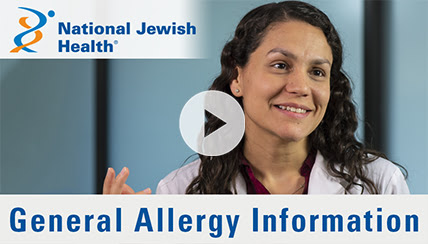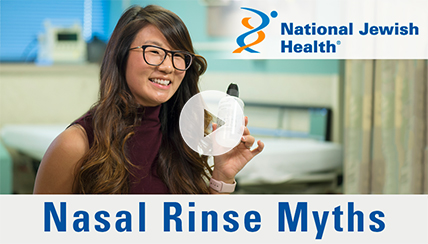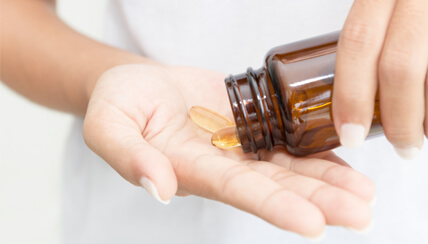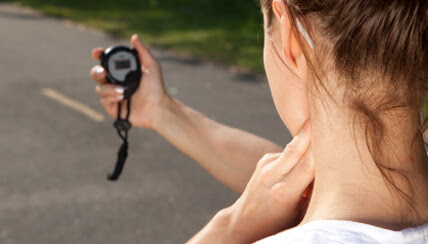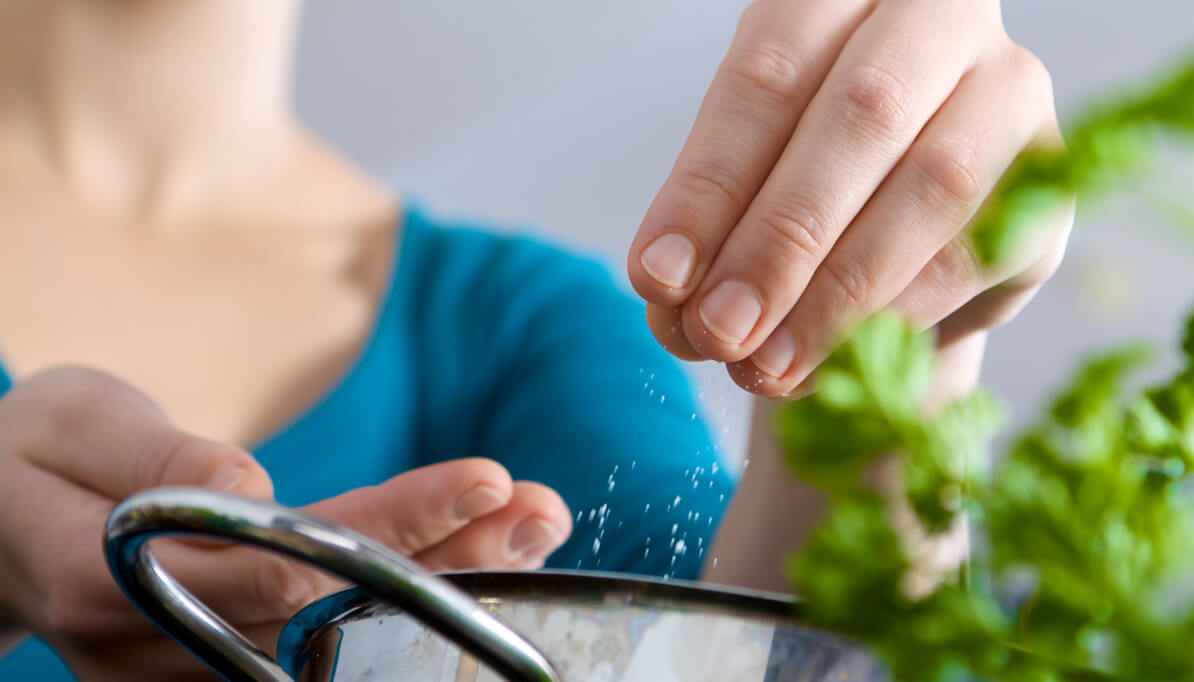What’s the Secret to Surviving Spring Allergies?
Tree pollens are the biggest allergen in the spring. According to Carah Santos, MD, allergist for National Jewish Health for Kids, the secret to surviving spring allergies is avoidance. In a new video, she suggests ways to leave allergens outside and provides other allergy tips.
Watch the video to learn more.
Transcript
The biggest culprit of springtime allergies are tree pollens.
Avoid bringing the outdoors inside.
Stay inside when the tree pollen count is high, mid-morning through mid-afternoon.
Keep your car windows closed.
As well as your home.
Take a shower, wash your hair and change clothes when coming in from the outdoors.
Pollens can be trapped on your clothes and in your hair.
Avoid using a ceiling fan. It will disturb the pollen that is resting on your floor.
Use an air conditioner filter.
Avoid hanging your clothes on a clothesline.
Cats and dogs that enjoy the outdoors can bring in pollens trapped in their fur.
Washing your pets once a week can remove pollens.
There are several over-the-counter medications that alleviate allergy symptoms.
Non-sedating antihistamines may help with itching, sneezing and nasal dripping.
Nasal steroid sprays can also relieve symptoms.
These medications can take several days or weeks to become effective.
It is recommended to start medications a few weeks ahead of the pollen season.
Avoid Bringing The Outdoors Inside To Alleviate Spring Allergy Symptoms
Keep your car and home windows shut
Change clothing, shower and wash hair upon arriving home
Give your pets a bath once a week
Related Videos
Related Health Insights and News
Want to use this on your website? Fill out the content usage request form and then copy this code: https://youtu.be/q__Sp_2HCW8





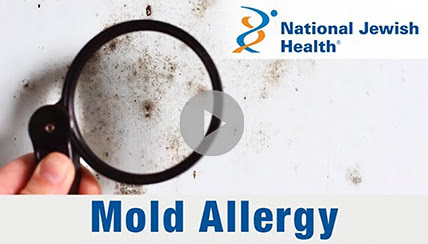
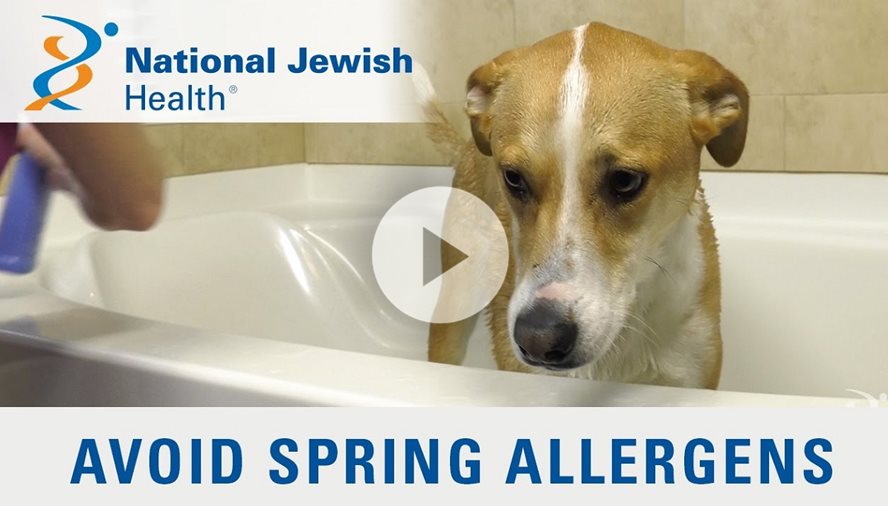
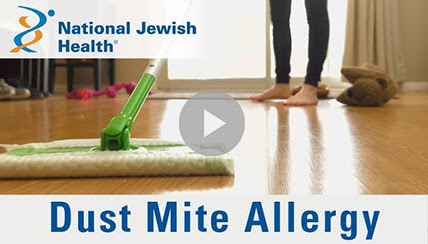

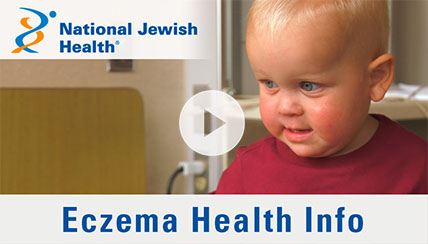

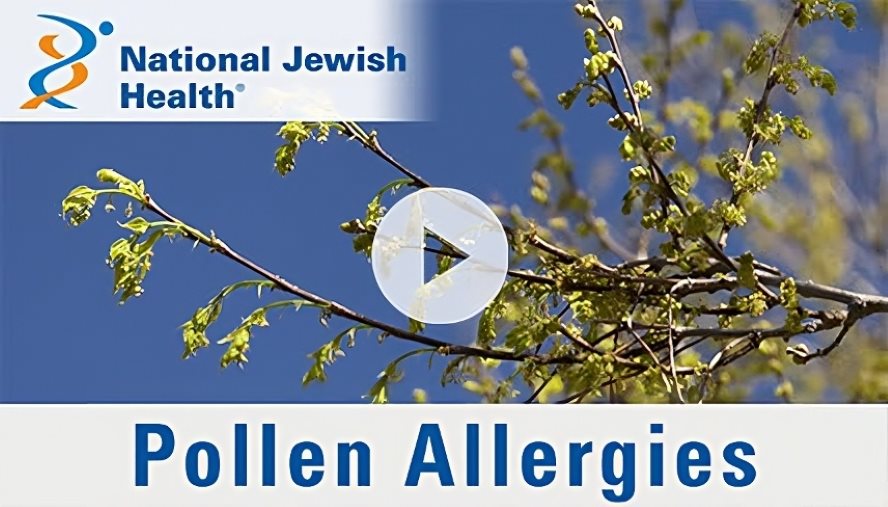

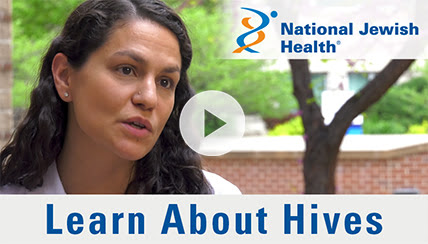
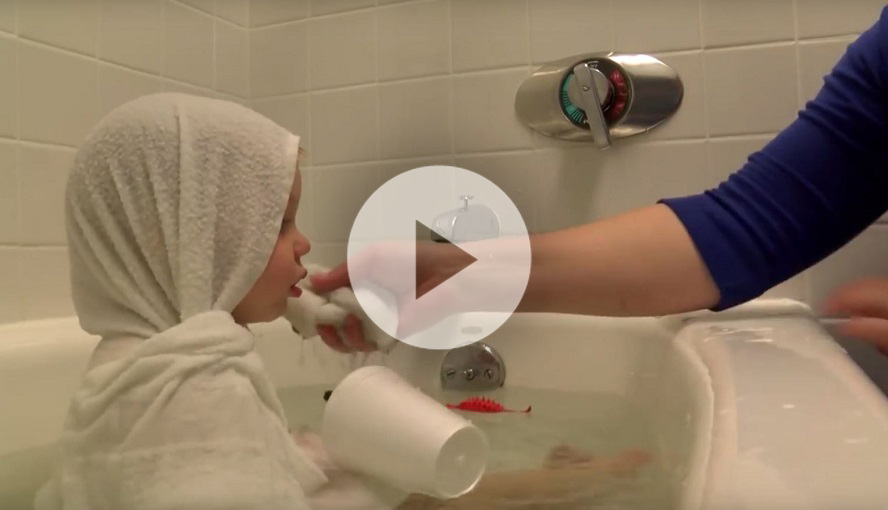

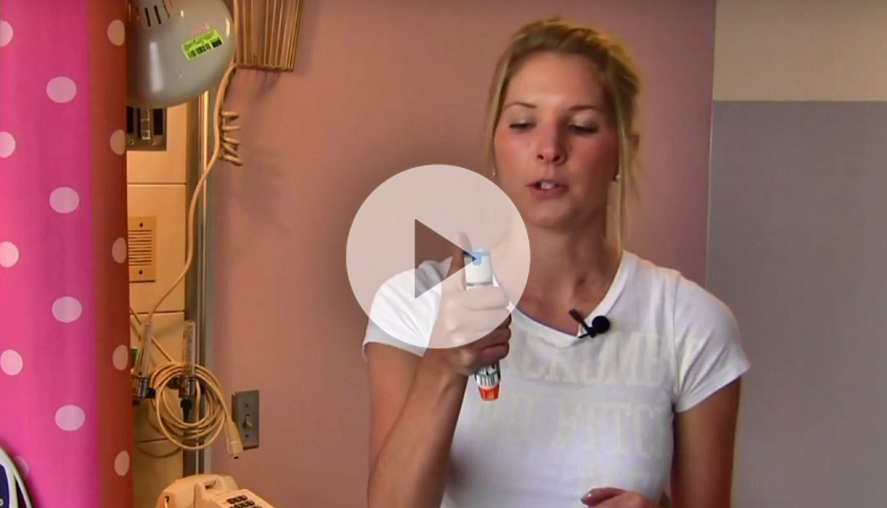-(1).JPG?lang=en-US&ext=.jpg)
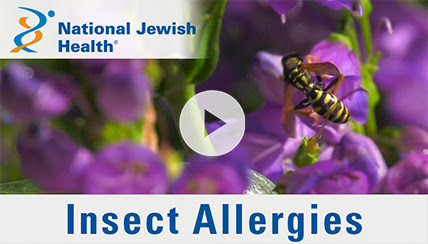
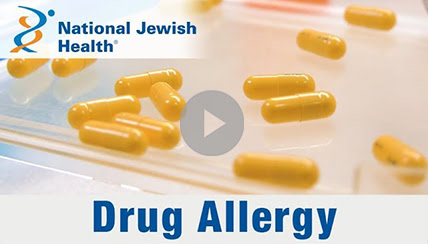
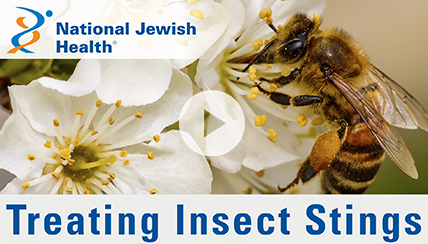
.JPG?lang=en-US&ext=.jpg)
